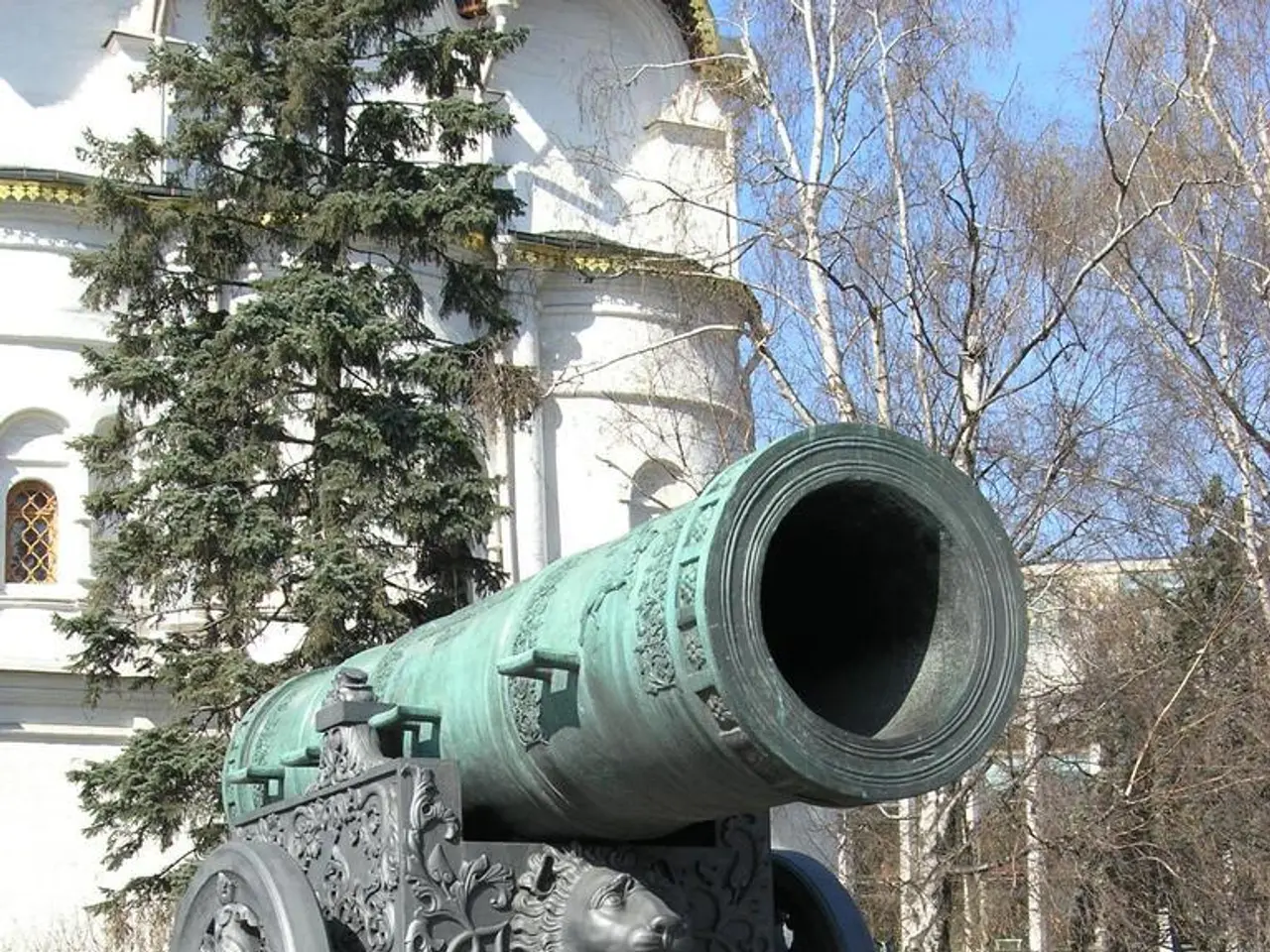Legislation for revoking Russian nationality takes effect
Russian President Vladimir Putin has signed a new law that expands the grounds for revoking citizenship from naturalized foreigners to over 80 specific criminal offenses. The law, which was adopted by the State Duma on July 17 and approved by the Federation Council on July 25, marks a significant shift towards easier and faster stripping of citizenship from naturalized individuals, particularly political opponents or critics.
The new law targets what Russia defines as "hostile" acts, which can include working with foreign organizations considered unfriendly by Russia or making public statements perceived as undermining national security. The Federal Security Service (FSB) has been empowered to determine actions that threaten state security, which can trigger citizenship revocation without a traditional judicial process.
The implications are severe for those affected. Losing Russian citizenship renders individuals stateless if they do not hold another nationality, stripping them of essential rights such as access to employment, healthcare, education, housing, driver's licenses, and public services. This effectively marginalizes and "pushes out" such individuals, making them legally invisible within Russia.
The law intentionally targets acts that Russia deems to be hostile, including working with foreign organizations considered unfriendly by Russia or making public statements perceived as undermining national security. The Federal Security Service (FSB) has been empowered to determine actions that threaten state security, which can trigger citizenship revocation without a traditional judicial process.
Reasons for losing Russian citizenship include murder, sexual violence, public calls for terrorism, unauthorized interference with Russia's critical information infrastructure, confidential cooperation with a foreign state or international organization, aiding an enemy in activities against the country's security, Nazi propaganda, and organizing illegal migration.
State Duma Speaker Vyacheslav Volodin stated that this is a significant tool and opportunity for law enforcement to maintain order. Over 80 grounds for revoking passports from foreigners who have obtained Russian citizenship have been legally established.
Although Russian officials claim these provisions do not target residents of occupied Ukrainian territories who obtained Russian passports, Ukraine’s Foreign Intelligence Service warns these residents — including those with citizenship by birth — could soon also face citizenship revocation.
In summary, the law drastically expands the legal framework for revocation of naturalized citizenship to over 80 grounds, focusing on national security and political control, with serious human rights and legal consequences for the affected individuals. It strengthens the state’s ability to suppress dissent by removing citizenship from political opponents and critics.
The newly established law in Russia facilitates the revocation of citizenship from naturalized foreigners for over 80 specific offenses, such as working with foreign organizations deemed unfriendly by Russia or making statements perceived as damaging to national security, thereby expanding the legal framework for political control and national security. Consequently, the loss of Russian citizenship can lead to severe consequences for the affected individuals, depriving them of fundamental rights like access to employment, healthcare, education, housing, driver's licenses, and public services, effectively marginalizing them within Russia.







